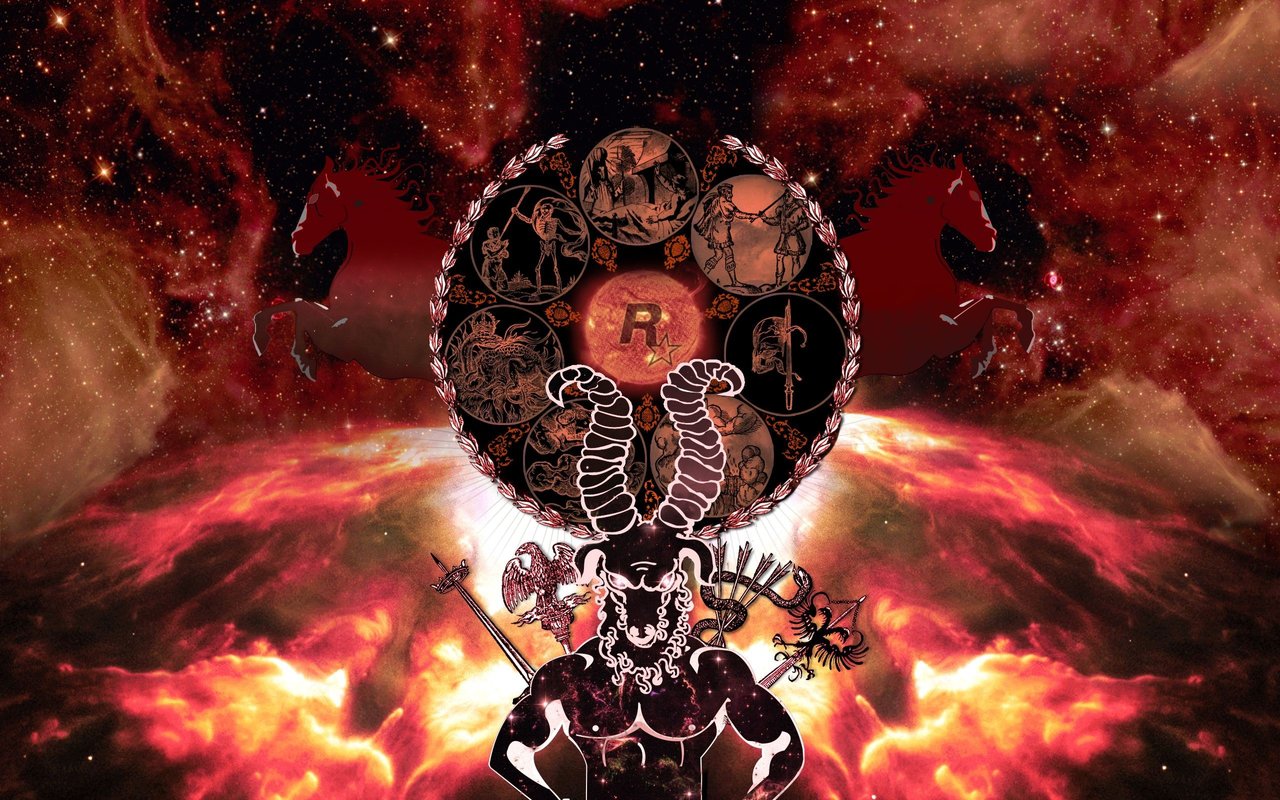Blood
0 comments
BLOOD

Ritual symbol of vitality. In many cultures, the blood is believed to contain some of the divine energy or, more generally, the spirit of the individual.
According to some ancient traditions, blood has a beneficial and fertilizing power.
For example, in a Middle Eastern wedding ceremony, the bride was sprinkled with sheep's blood. In the Middle East, brides stepped over the blood of the sacrificial sheep. To cross the blood meant to gain fertility.
Detail of a drawing depicting a bowl with the blood of Jesus Christ (XVI century)
Bull blood was used to maintain magical power in the Roman rituals of Mithra and Cybelium. In the Roman brand bolii, the initiates were poured with the blood of a sacrificial bull.
Blood as a symbol of vitality is still sometimes drunk at Mexican bullfights. To drink someone's blood means to become related, but in the same way you can absorb the strength of the enemy and thereby secure him after death.
Blood red solar energy. It embodies the principle of life, soul, strength, including rejuvenating (hence the idea of sacrifice). During the heyday of the Aztec empire, the blood of 20,000 victims a year was shed to energize the sun when it returns from the afterlife in the morning.
The mixing of blood is a symbol of union in many folk customs (for example, blood brotherhood) or an agreement between people, as well as between man and God.
Blood and wine are interchangeable symbols. In the Roman Catholic and Orthodox traditions, in the sacrament of the Eucharist, the WINE FOR Communion symbolizes the blood of the Savior. In Christian symbolism, the blood and water at the crucifixion represent the life of the body and the life of the spirit.
In China, blood and water are seen as complementary symbols representing the basic principles of yin and yang.
Tyrian purple, symbolizing "the highest honor" (Pliny), had the color of clotted blood, blood of a purple hue (Homer).
The angel collects the blood of the crucified Christ, which symbolizes the strength and energy of the "Waters of Life"
Comments